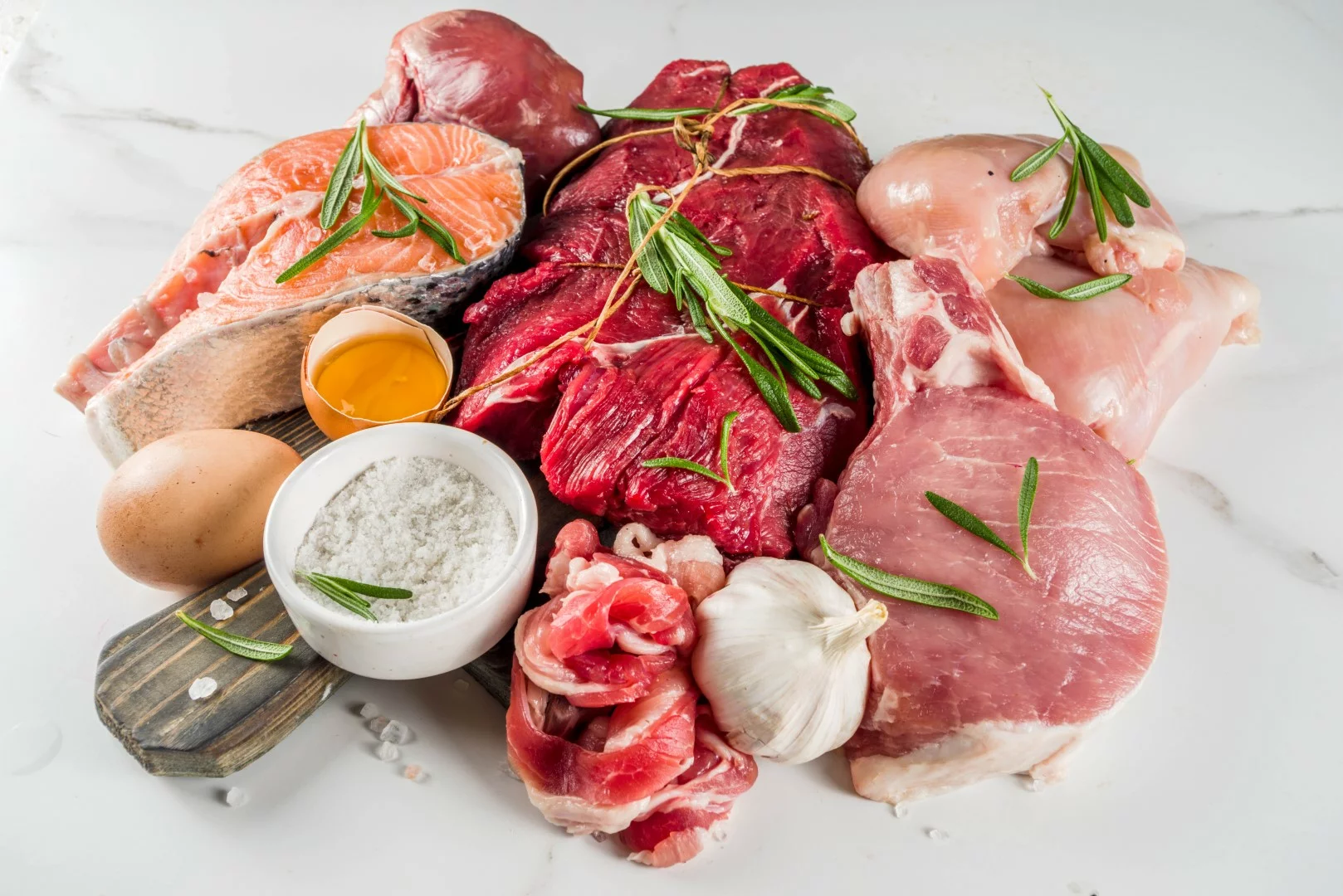When we think carnivores, our mind usually conjures up images of lions, tigers, and bears, oh my! Yet, humans can be carnivores too, and we’re not just talking about your steak-loving uncle. Enter, the Carnivore Diet. This meat-centric eating plan has left plant matter behind in the rear-view mirror in a journey to bolster health and trim waistlines. Is this the highway to the carnivorous promised land or an overpriced toll road fraught with dietary hazards? Let’s explore.
What On Earth is the Carnivore Diet?
The Carnivore Diet, in its simplest form, is a diet consisting chiefly of meat, fish, eggs, and select dairy products. The diet encourages whole food options while bidding adieu to additives and preservatives. You’re probably thinking, “Where’s the green?” Well, fans of the diet consider fruits, vegetables, legumes, and grains as unnecessary baggage.
The Rationale Behind the Carnivore Diet
The Carnivore Diet is rooted in the belief that our paleolithic ancestors primarily consumed meat and fish, shaping our genetics to favor a carnivorous diet. This diet’s disciples argue that modern diseases like diabetes, obesity, heart disease, and more, are due to us straying far from our ancestral eating patterns.
Benefits of The Carnivore Diet
So, let’s get down to the meaty details. What’s so great about the Carnivore Diet? First off, proponents claim weight loss benefits due to the naturally low-carb, high-protein focus. With your body burning fat as its primary fuel, slimming down may be on the menu. Furthermore, this diet could potentially reduce inflammation and enhance mood. Some followers even boast improved digestive health, a testament perhaps to this diet’s elimination of potential gut irritants found in some plant-based foods.
Criticisms of the Carnivore Diet
But hold on to your steak knives, because it’s not all succulent roasts and sizzling steaks. Critics point out it may lead to nutrient deficiencies, as some essential nutrients are found predominantly in plant foods. Also, loading up on red meat can raise saturated fat intake, potentially increasing the risk for heart disease. Plus, a lack of dietary fiber may leave your gut flora missing its plant food.
Conclusion: To Meat or Not to Meat?
The Carnivore Diet is undoubtedly divisive. While some sing praises of enhanced health and well-being, others brandish warnings of potential deficiencies. Science is still chewing on the evidence, making it tough to write a definitive nutritional review. It’s always best to consult with a dietitian or healthcare provider before embarking on such a restrictive diet.
Whether the Carnivore Diet roars with promise or is simply a dietary dinosaur, is yet to be seen. In the meantime, as the debate continues, we’re placing our bets on a balanced, varied approach to nutrition – it’s less of a gamble and probably better for your heart too. Stay tuned for more delicious diet details in our next blog post: Paleo, the Carnivore Diet’s vegetarian cousin.
